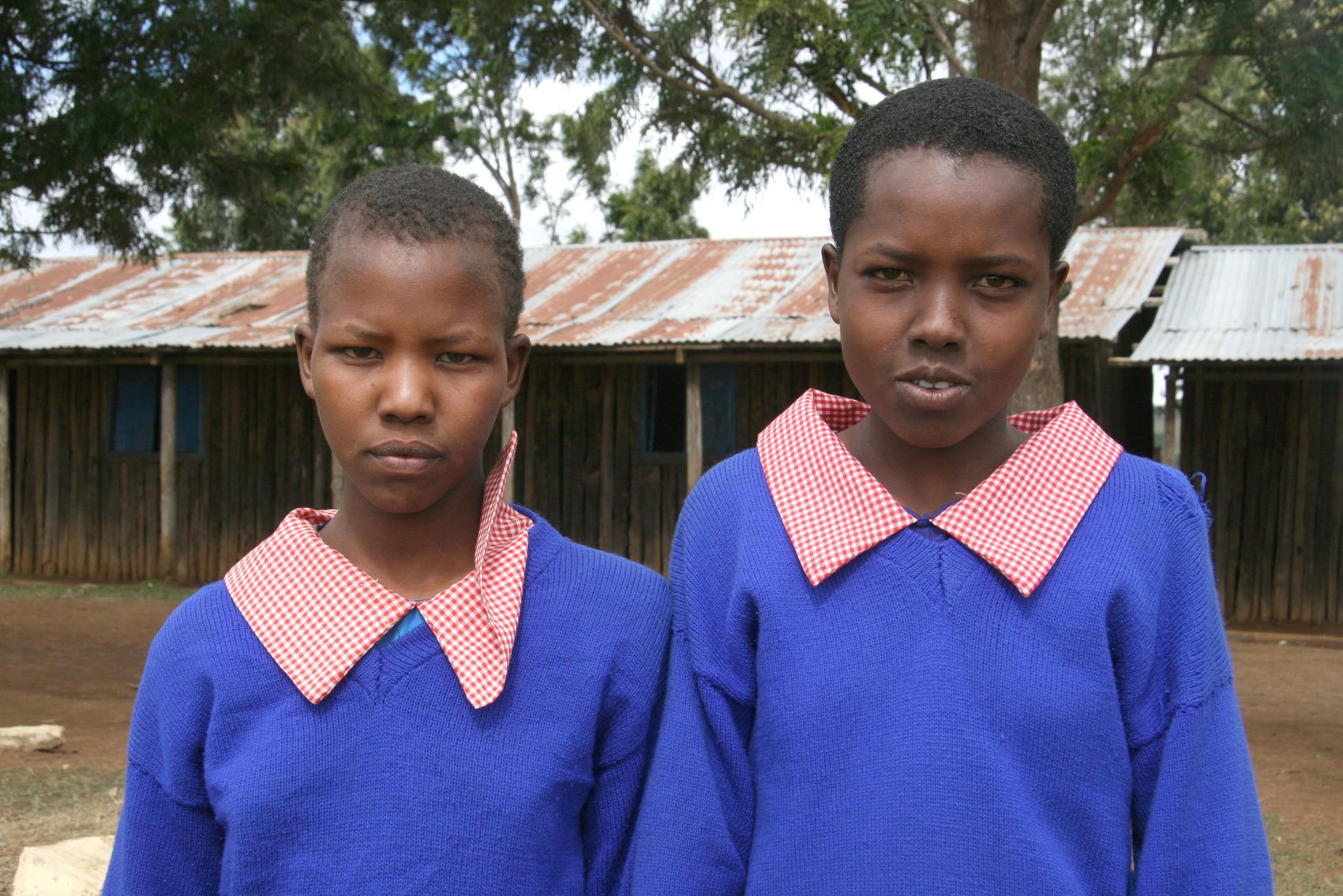"I just joined a new school a few weeks ago [20 October]," 14-year-old Kelly Lanyasunya said at Lesidai primary school in Samburu Central District (central-northwestern Kenya). "I got a new uniform and I am making friends but if this area gets insecure, I will have to move to another school."
Like her classmate, Nabik Kekichorumongi, is forced to change schools whenever bandits attack the surrounding villages.
Stephen Leparachwo, head teacher at Lolkunono primary school in Samburu Central, said Lesidai primary school often receives parents bringing their children from Pura, a neighbouring area affected by banditry.
"When they come, some are even without food… The bandits follow the fleeing residents [and their cattle], not giving the children a chance to read," he said.
Cattle-rustling
Much of the insecurity is due to cattle-rustling between the Samburu, Pokot, Turkana and Borana communities, according to local residents. In September, for example, Pokot cattle raiders killed 32 people in Samburu Central.
Rustling has also affected food production, especially in fertile areas like Ngano on the Kirisia ranges, where bandits lurk in the beautiful landscape.
In 2008, insecurity worsened in Ngano, according to the headmaster of a local school, Simon Lenolkulal. "We could hear gunshots, so we were seeking cover on the ground with the children," he said, recalling a recent incident.
"There is a high rate of transition even of school teachers here… Teachers are reluctant to work here because of the insecurity. One week there is peace, the next week we are moving... Every week we enrol new children, then when there is tension they leave."
|
Photo: Ann Weru/IRIN  |
| A lady preparing WFP provided food at a school in Samburu, northern Kenya |
At neighbouring Lgoss primary school, deputy head teacher Bernadeta Lesuruan told IRIN: "When there is conflict and the parents flee, we have more children coming to the classes."
Hunger
Food scarcity tends to drive up school attendance, local residents said.
When there is a general food distribution, enrolment in school goes down, while in more difficult times the number of children increases, Lesuruan said.
"During such times you see young children carrying toddlers to school for the food… During the drought, the children were entirely relying on food in school. Some were fainting after coming from home hungry. When there is no food [at all], school attendance is very low."
In August, WFP was feeding at least 900,000 children in schools to help drought-affected families in Kenya's arid and semi-arid regions.
"Food is an issue," said Peter Emanman, the school feeding programme officer in Samburu Central.
Recent rain has brought hope of an improved food situation. "People are starting to plant but the food crops will not be ready by December [the next school holiday month]. What will happen then?" Emanman asked.
Few girls at school
There are few school teachers and hardly any female teachers. At Lgoss, Lesuruan was the only female member of staff.
|
Photo: Ann Weru/IRIN  |
| Pre-school children take their meal outside their school in Maralal, northern Kenya |
Apart from the location of the school, 12km from the nearest shopping centre, the high cost of sanitary pads also feeds absenteeism.
Early marriages also affect girls’ attendance at school: Most drop out in the middle primary school classes. In 2008, some Samburu schools had no girl candidate sitting the national primary school leaving exam.
"There is a mentality that if girls are educated and get jobs, the earnings will not return home but go to the husband," said another teacher.
Most of the boys in school are late entrants; some of the girls stay at home to work. "In this community people are not fond of keeping children in schools," the teacher added.
Night school
However, some communities are trying to educate residents about the value of education: Currently under way in Baragoi District, the pastoralist night school initiative targets cattle herder children who are unable to attend day school.
"The children leave the fields at 4pm and then attend class," said Emanman. "The students get `uji’ (maize meal porridge) in the evening and are taught until 10pm."
Some children from these schools have progressed to the formal education system, but the night school initiative is largely designed to teach basic literacy to herders and others, he added.
aw/cb
This article was produced by IRIN News while it was part of the United Nations Office for the Coordination of Humanitarian Affairs. Please send queries on copyright or liability to the UN. For more information: https://shop.un.org/rights-permissions





